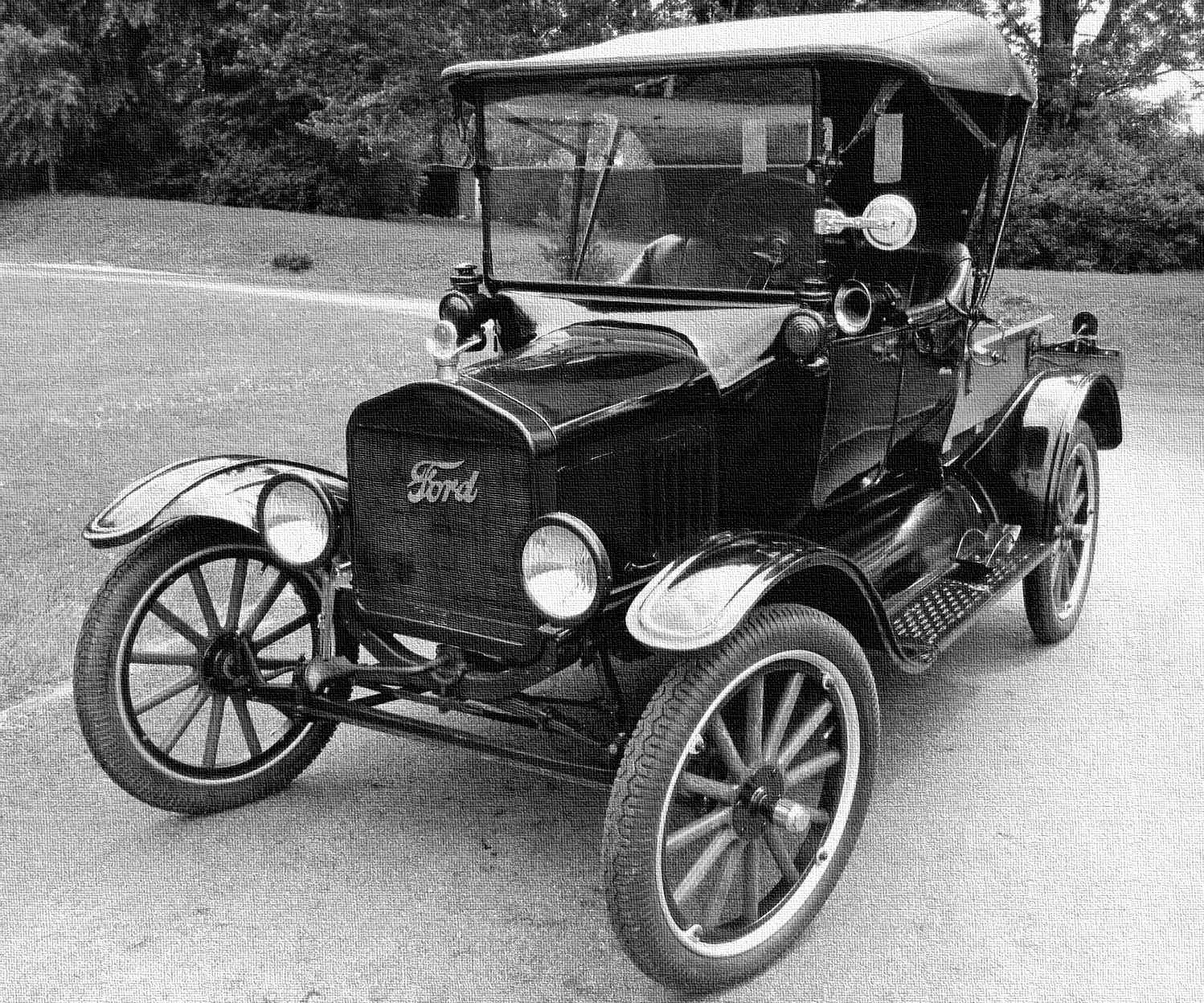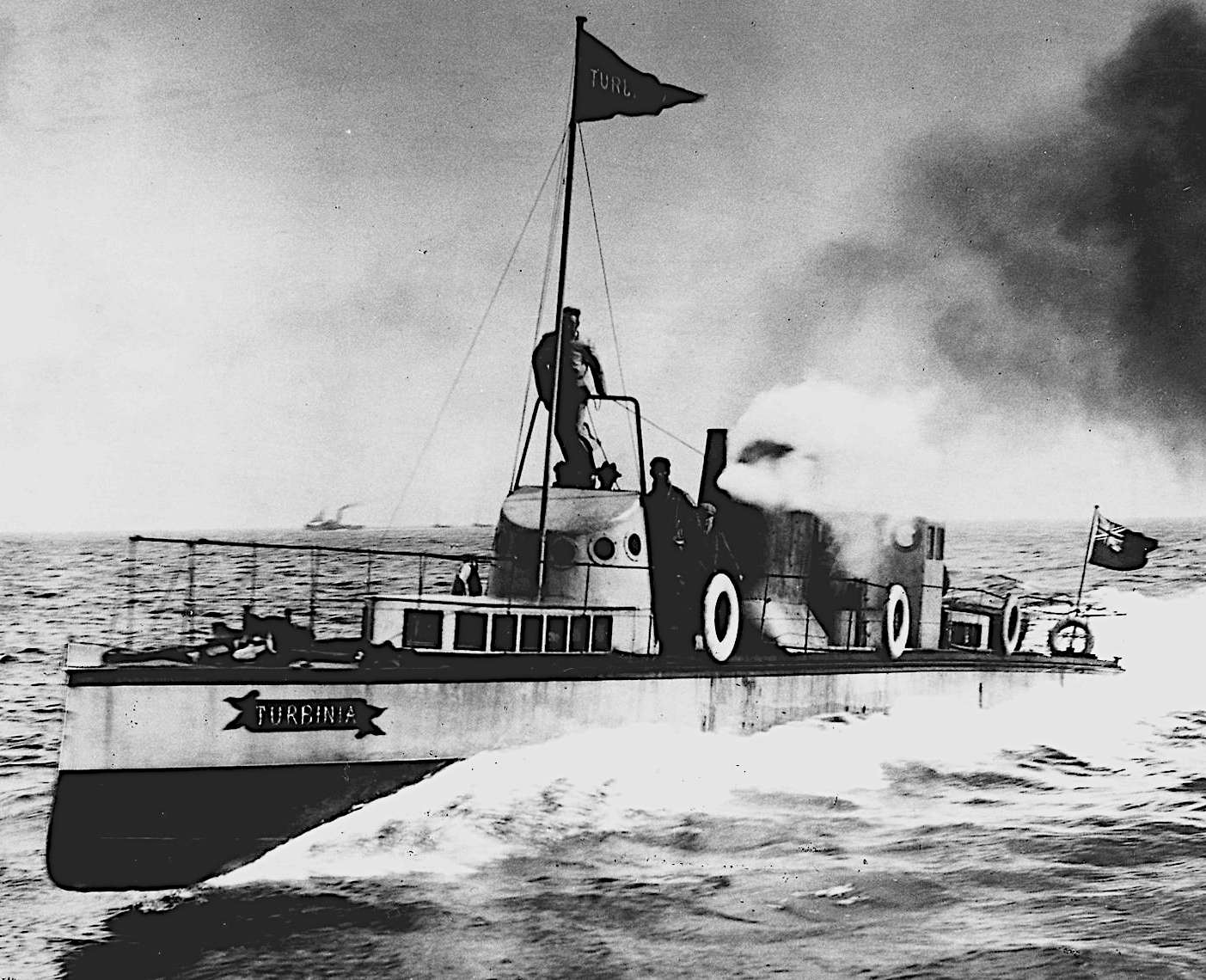|
THE
GUARDIAN 16 FEBRUARY
2023 - AUSTRALIA WARNED IT COULD LOSE OUT TO 'HUGE AND AGGRESSIVE'
GREEN HYDROGEN SUPPORT IN US AND MIDDLE EAST
Australia’s natural renewable energy advantage in the race to create a green hydrogen industry is at risk of being overwhelmed by “huge and aggressive” policy support in the US and the Middle East, according to Fortescue Future Industries’ Guy Debelle.
Debelle, formerly FFI’s chief financial officer and now serving as a director, said the Biden administration’s Inflation Reduction Act was mostly aimed at accelerating decarbonisation and was “one of the largest pieces of industrial policy we’ve ever seen”. Without a formal spending cap, it could eventually top $US1trillion ($1.44tn).
“It’s not just money,” Debelle told a gathering of business economists in Sydney on Wednesday. “It’s actually people, it’s expertise and
know-how, which [are] migrating to the US.”
Oil-rich Middle Eastern nations had also “seen the writing on the wall” of a shift off fossil fuels and were pouring resources and making land available for firms to tap renewable energy resources and develop a hydrogen sector.
“There’s a risk that, despite Australia’s great comparative advantages in green energy, the US and the Middle East are going to eat our lunch,” Debelle, who was also formerly a deputy governor of the Reserve Bank, said.
Many nations are investing heavily in hydrogen as an alternative fuel to oil, gas and coal. Debelle said the US spending had the potential to lower the cost of making hydrogen from $6/kilogram to $2.50/kg. That would be comparable to
fossil
fuels.
One outcome for Australia, if governments didn’t provide “a more targeted response”, was that markets to the north such as Japan and South Korea – which had relatively poor renewable energy resources – would be snapped up by the US or other rivals.
“I’m really concerned that we are missing out on a huge opportunity,” he said.
Debelle also warned Australian businesses to focus on reducing their greenhouse gas emissions directly, rather than relying on buying carbon offsets to try to cancel them out.
Those “misaligned decarbonisation incentives” could leave firms vulnerable to higher costs as carbon credits “will get more expensive”, he said. Future market restrictions, such as from the European Union, could also leave them vulnerable if they had not cut emissions.
“I’m concerned about people waiting for long … and that means we don’t get the nascent industry off the ground here,” Debelle said, adding he could foresee companies scrambling to find alternatives “but the solutions take three or four years to build”.
In Australia, scale could determine which localities succeeded in fostering a
hydrogen industry. Western Australia, Queensland and South Australia were more likely to have the size for exports, given their solar and wind resources.
States such as NSW, though, had the scope to supply local industries. Fortescue Future Industries, for instance, was working with AGL Energy to repurpose its Liddell coal-fired power station after it shuts completely by April.
“The grid’s already set up,” Debelle said, explaining the Hunter Valley plant’s appeal.

INDONESIAN
COAL DEPENDENCY - It is a veritable gold rush, a stampede to green
hydrogen in a renewables race, much like that of the land rush in the
US, as the then administration opened up the new territories to
homesteaders. All they have to do was stake their claim. China, India
and Indonesia are reliant on coal to fuel their economies. They need
help to move from one technology to the other. In the process, making
their economy circular. Since, global warming will eventually see that
demise.
|
|



SPIRIT
OF ST. LOUIS - Charles
Lindbergh changed history on the 20th May 1927, when he crossed the
Atlantic
Ocean in his single engine monoplane. FORD
MODEL T - The Ford Model T, making cars
affordable. Well done to Henry. TURBINIA - Charles Parsons built
the fastest steam turbine powered ship in 1894, to the annoyance of the
Royal Navy at Queen Victoria's Spithead Review.
Today the challenge is to make
transport across the board, clean, for a sustainable world, and healthier
future. In doing so, we are bound to ruffle a few fossil fuel feathers.
Hopefully, not for too long, as the sustainable penny resounds economically.
|
|
Please use our
A-Z INDEX to
navigate this site or return HOME
This website is Copyright ©
2022 Jameson Hunter & Cleaner Ocean Foundation Ltd, equal opportunities
companies. This website is
carbon friendly, using less energy to load on average per page via
simplicity & picture optimization. The same may not apply to third party
links.
|




